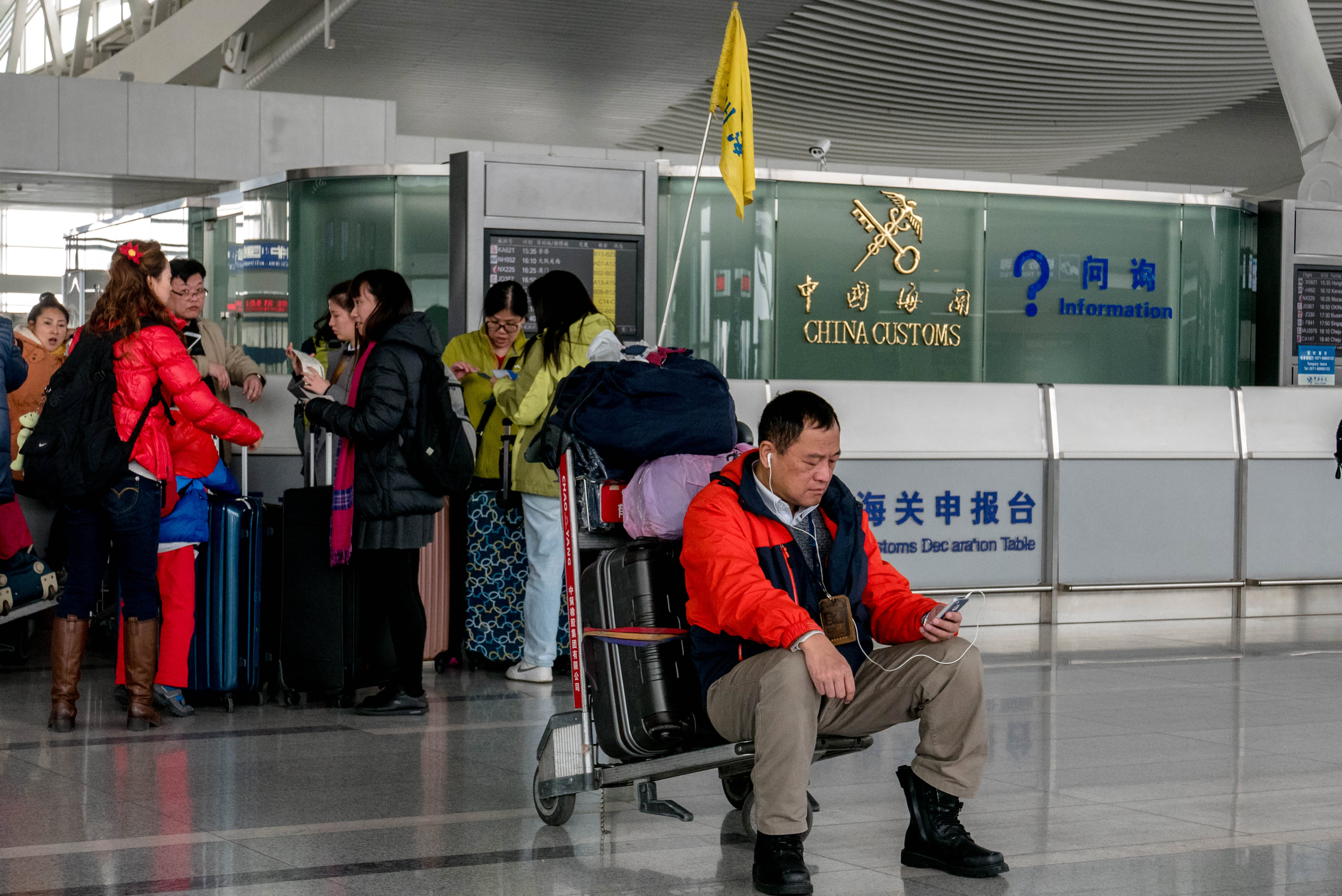Chinese travel demand will likely see 'relentless' growth despite trade disputes, hotelier says

The U.S.-China trade war will not likely stop Chinese tourists from going overseas, according to an international hotelier who told CNBC that outbound Chinese travel is set to continue growing strongly.
Relations between Washington and Beijing have been strained since early 2018, with both countries slapping sanctions on the other.
Last week, President Donald Trump tweeted that a 10% tariff would be imposed on $300 billion of Chinese goods starting Sept. 1. Beijing said it would take countermeasures if the U.S. goes ahead with the threat.
But all that is not going to stop travelers from seeking new adventures overseas, said James Riley, group CEO of Mandarin Oriental Hotel Group, when asked if the trade dispute might discourage Chinese citizens from leaving their country.
"The upward trend in terms of Chinese travel is going to be relentless and continuing," he told CNBC's "Squawk Box" on Friday. "There's a really strong demand among Chinese consumers to be having new experiences."
More and more we're seeing Chinese travelers wanting to have new experiences in new countries that they've not visited before.
James Riley
group CEO of Mandarin Oriental Hotel Group
That's in line with findings from McKinsey's 2018 report on Chinese tourists. The management consulting firm predicted there will be 160 million outbound trips by 2020 — up from 117 million in 2015. The report also found that Chinese tourists prefer "experience-based travel" and want to venture further from home.
"Although short-haul destinations such as Hong Kong and Macau are currently the most popular among Chinese tourists (due to proximity and shared languages), the destination mix is rapidly shifting to long-haul destinations, " authors of the report wrote at the time.
XIAOSHAN AIRPORT, HANGZHOU, ZHEJIANG PROVINCE, CHINA: An outbound tourist group is waiting for check-in in front of the counter of China Customs. Chinese nationals have become the largest number of foreign tourists visiting other countries in 2015 as the number of outbound visitors crossed 120 million, registering an 11 million increase from last year.
Zhang Peng | LightRocket | Getty Images
However, the trade dispute may impact which countries these travelers choose to visit, Riley noted without elaborating. In June, China's ministry of foreign affairs issued a safety warning for citizens and companies in the U.S.
"Recently, U.S. law enforcement agencies have on multiple occasions used methods such as entry and exit checks, and on-site interviews to harass Chinese citizens in the U.S.," the ministry said, according to state broadcaster CCTV.
Still, Riley said demand is going to "grow and grow."
"More and more, we're seeing Chinese travelers wanting to have new experiences in new countries that they've not visited before," he said.
Hong Kong protests
He also weighed in on the ongoing protests in Hong Kong, which have dragged on for weeks and turned more violent. Riley said it has had a "modest" impact from a business and leisure point of view so far.
"I think it's fair to say that as ever with these things, when they're covered extensively by global media, it makes a bigger impact in the living room of people's homes than it does directly in the streets," he said.
But he also said he didn't want to underplay the possibility of the unrest affecting the city's tourist numbers. Calling it an "uncertain period," Riley said the protests could continue through the summer.
"There is a risk that if the disturbances continue for an extended period, it inevitably impacts people's decision to come to Hong Kong for conferences for gatherings or indeed for leisure," he said. "People will tend to say, I might delay it a little bit."
— CNBC's Evelyn Cheng, Yun Li and Sam Meredith contributed to this report
Read More
No comments